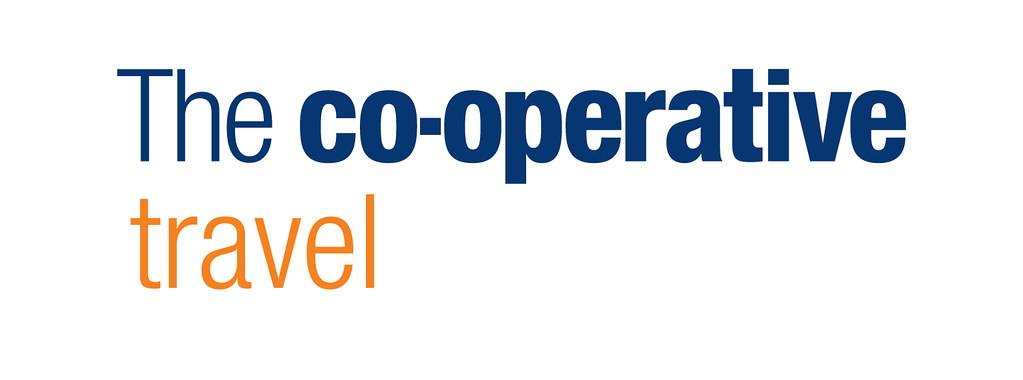If you look at just about any news story, you will probably see a quote from somebody in it. News often comes from what people say and do, so to use their exact words is the most accurate way to report on this.
Not everyone is comfortable using other people’s words rather than their own though, so here are three potential stumbling blocks and misunderstandings we’re aware of:
1. Where does the punctuation go?
This is a bone of contention between UK and US writers.
In the UK, if a sentence consists of a quoted part and an unquoted part and ends with the quote, our convention is to put the full stop outside of the quotes, as in the below example from a recent BBC story:
The Department of Health says it took the “right decisions at the right time”.
American reporters disagree on this, as we can see from the below extract from a CNN story:
Twitter said the accounts tweeted “predominantly in Chinese languages.”
If the quote ends before the sentence has finished, however, both US and UK sources agree to place the comma inside the quotes, as in this example from the aforementioned BBC article:
“I can’t help but believe that if we’d entered lockdown sooner he wouldn’t have been exposed in the way he was,” he said.
To avoid making the decision, you can format quotes in standalone sections of their own, in which case you should put all punctuation inside the quotation marks. We’ll come to this later.
2. Do I have to say where the quote came from?
Yes, it’s wise to do so, for three reasons:
- It makes your writing look better researched, and shows that you’re not making quotes up!
- It avoids giving the false impression that the person quoted was talking directly to you, helping you avoid complaints from the source that first reported the story
- Should the quoted person accuse you of misquoting them, you can point out that you took the quote from somewhere else
Simply writing “according to the BBC” or “he said to The Guardian” makes the difference. If you want to add depth to your work, you could include a link to the source you’ve taken it from.
3. Is it bad for SEO?
It’s well-known that duplicate content can harm your rankings, so is it a search engine optimisation (SEO) no-no to rely heavily on quotes?
Not as long as it’s done sparingly and the quotes are formatted correctly. At Engage Web, we advise our writers to make quotes account for no more than 20% of a piece’s word count. This is to avoid too much duplication and ensure there is enough original writing there to make the piece have an impact.
You can also make it clear to Google and other search engines that you’re quoting someone, rather than just stealing their words and passing them off as your own, by using blockquotes. Available with WordPress and other HTML-based content management systems, blockquotes place your quotes in a clearly identified section of their own. You can see examples of this with the quotes from the BBC and CNN we included earlier in this piece, although the way it displays varies from one website to the next depending on how it was built.
For original, search engine-friendly content that uses quotes wisely, drop us a message at Engage Web.
- Five life skills learned from internet marketing - January 3, 2024
- How artificial intelligence can (and can’t) help you write content - September 29, 2023
- Is Google OK with AI content or not? - September 25, 2023



























